Question And Answer
Publications
Articles, publications, books, tools and multimedia features from the U.S. Institute of Peace provide the latest news, analysis, research findings, practitioner guides and reports, all related to the conflict zones and issues that are at the center of the Institute’s work to prevent and reduce violent conflict.

Oge Onubogu on Democratic Concerns in West Africa
While West African countries present “some of the steepest declines in democracy,” USIP’s Oge Onubogu says there is “still an overwhelming support” for democratic governance among citizens in the region, which “presents a key opportunity for engagement between African leaders and this administration.”
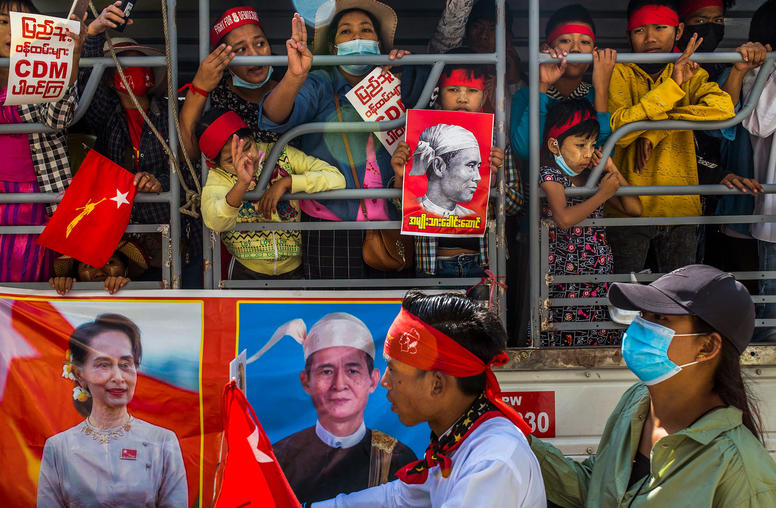
China and Myanmar’s Ousted Leaders: Mixed Signals, Cold Interests
Over the past two months, China has sought to resuscitate its relations with Myanmar’s National League for Democracy (NLD), the deposed party of Aung San Suu Kyi. Many analysts speculate the move reflects eroding confidence on Beijing’s part in the military junta’s staying power. But does it?
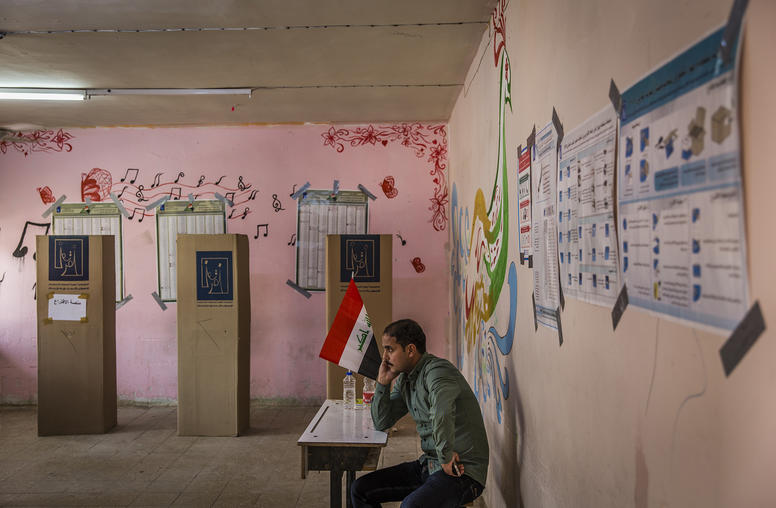
Can Iraq’s Parliamentary Elections Bring Change?
On October 10, Iraq will hold national parliamentary elections, the fifth national elections since Iraq adopted its 2005 constitution. And despite waning expectations about what these elections might accomplish, they remain an important avenue for pursuing change through peaceful means.

Sarhang Hamasaeed on Iraq’s Elections
“All the energy of the country is focused on October 10” as Iraq prepares for crucial parliamentary elections, says USIP’s Sarhang Hamasaeed. “We’ll see if it will produce a government and a parliament that [is] closer to what the people expect … and restore some of the faith of the voters in the process.”
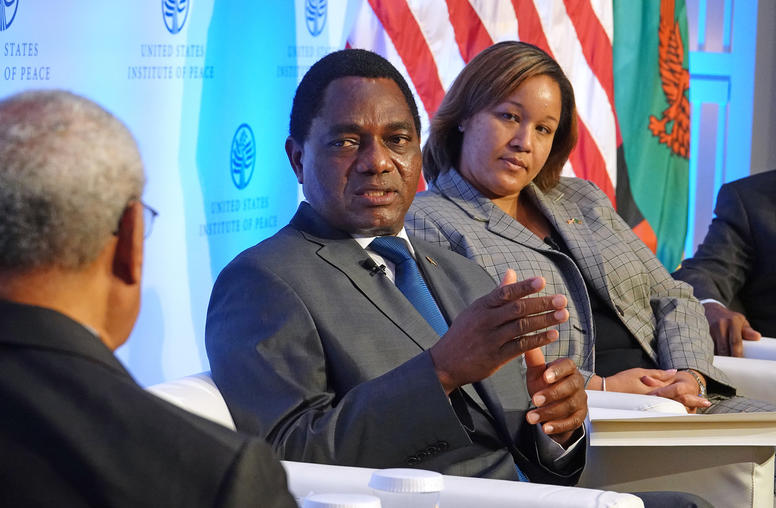
Zambia’s New Leadership and the Stakes for Africa
Weeks after his election to lead his southern African nation, Zambian President Hakainde Hichilema vowed to reverse his country’s recent erosion of democracy and good governance, and to stabilize an economy in recession—all despite the burdens of COVID, environmental shocks, and a dangerous “mountain” of debt accumulated in recent years.
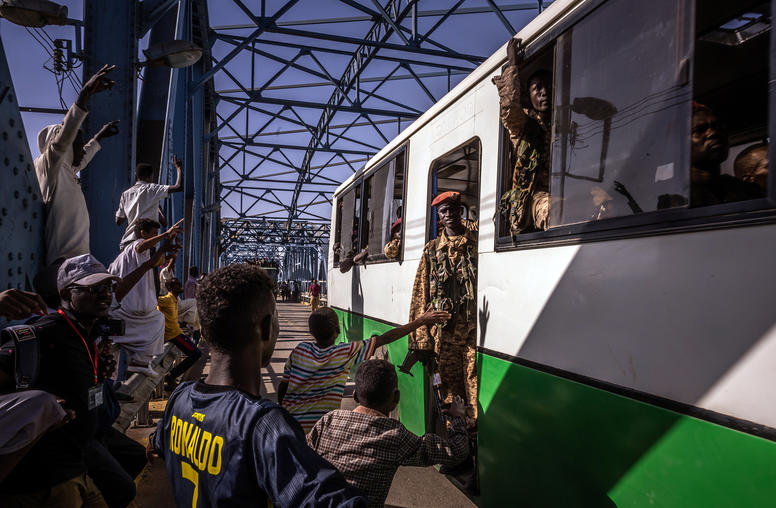
Reported Coup Attempt Complicates an Already-Tenuous Transition in Sudan
USIP’s Joseph Tucker examines who may have been behind the plot, their possible motives, how the failed coup affects the national conversation over the role of the military in Sudan and what can be done to shore-up the country’s democratic transition.
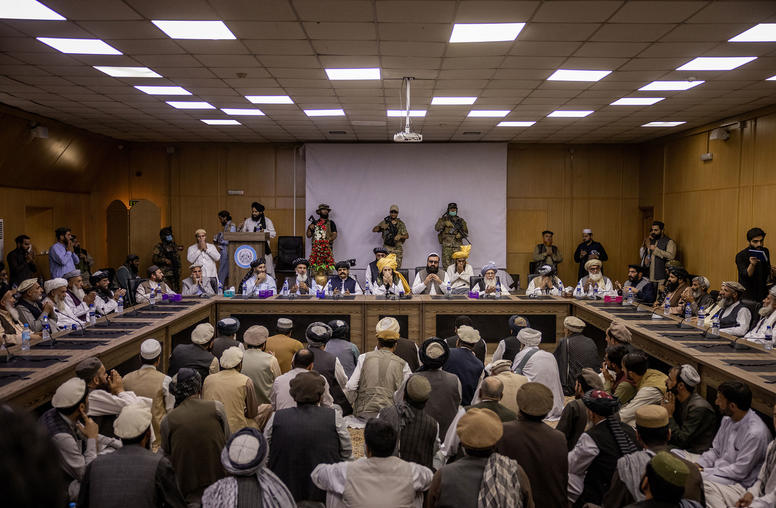
Five Questions on the Taliban’s Caretaker Government
As part of the Taliban’s bid to re-establish the “Islamic Emirate of Afghanistan,” the militant group announced the line up for its caretaker government on Tuesday. Despite several leading Taliban figures saying the movement would govern in a more moderate and inclusive fashion, the acting appointments made this week were mostly old guard members who played similar roles when the group ruled Afghanistan in the 1990s. USIP’s Andrew Watkins discusses who the key players are, what it signals about the Taliban’s commitment to inclusivity, the key challenges the government will face and how the West and regional countries should engage.
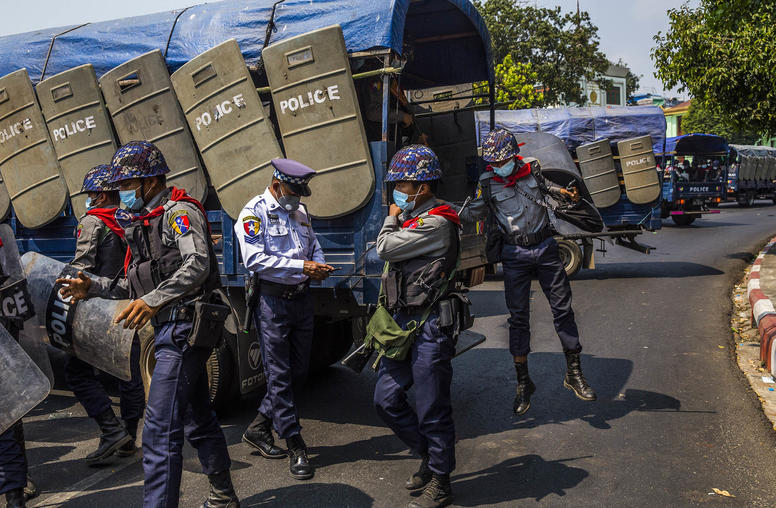
In Myanmar, the State the Generals Seized Is Coming Apart
Over the past six months under the junta’s “care,” the chaos and turmoil sparked by the coup has moved the country past the brink of failed state status. Growing armed resistance is emerging in the shrinking area where the military’s unbridled brutality has preserved its veneer of control. In liberated zones and particularly in regions controlled by ethnic armed organizations (EAOs), new forms of governance and even sovereignty are taking shape in the vacuum left by Commander-in-Chief Min Aung Hlaing’s war on political reform.
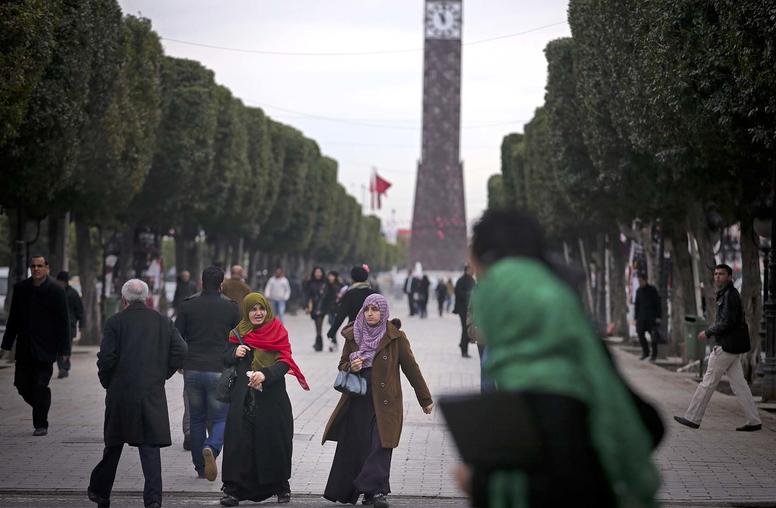
What’s Next for Tunisia’s Transition?
Long heralded as the sole success story of the Arab uprisings, Tunisia was thrown into political tumult on July 25 when President Kais Saied dismissed the prime minister, suspended parliament and removed politicians’ immunity from criminal prosecution. The decision followed days of protest and long-term malaise, with Tunisians angered over the government’s COVID response, endemic corruption, a lagging economy and, more broadly, the inability of the post-Ben Ali political system — particularly political parties — to deliver for citizens. While many Tunisians supported Saied’s move, they and the international community await what comes next and how it will impact the North African country’s long-term political and economic trajectory.
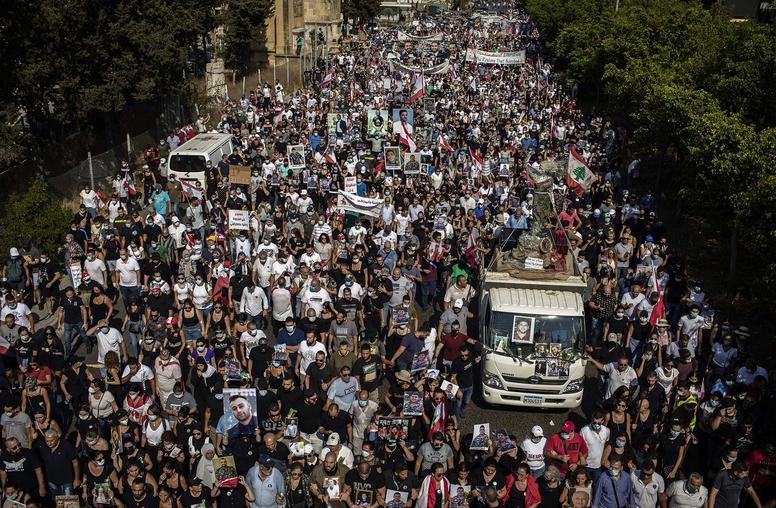
How to Pull Lebanon out of its Torturous Fall
A year after the horrific Beirut port explosion on August 4, 2020, the legal pursuit of justice and accountability is proving pointless. Little to no progress has been made, due to how deeply embedded corruption is in the country’s political and business structures. The upcoming legislative elections next year could be an opportunity to set the country on a reform track — but only if they are managed by an independent body under international supervision.